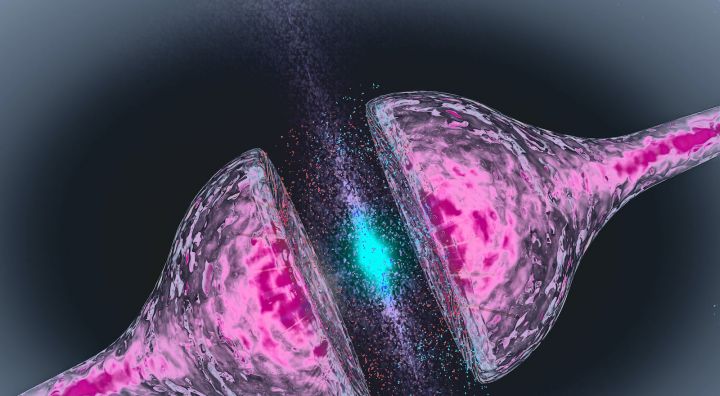Neuroplasticity
Since the dawn of medicine, doctors have believed that, once injured, the brain could not heal. Now they've learned that the brain can heal, and are beginning to tap ways to make it heal better and faster. Experts explain.


Since the dawn of medicine, doctors have believed that, once injured, the brain could not heal. Now they've learned that the brain can heal, and are beginning to tap ways to make it heal better and faster. Experts explain.

Experts explain the brain chemistry of food addiction, how it is virtually identical to the chemistry of drug addiction and alcoholism, and what it means for the nation's fight against obesity.

Some bullies never grow up, and just keep on bullying. Experts describe where and how it most often occurs, what workplace bullies are seeking, who they target, why it continues, and what needs to happen to stop it.

Doctors can cure cancer in children better than ever, but decades later, many survivors suffer from serious, chronic disease as a result of powerful cancer treatments. Often those survivors don't get screening and treatment for late effects. Experts and survivors discuss how treatments influence life decades later, how survivors can get treatment they need, …

New parents are often at wits' end when their baby won't sleep. Infants who won't sleep and cry inconsolably are also at major risk of being victims of shaken baby syndrome.

People eat for reasons other than satisfying hunger, and those reasons play a great role in whether we eat too much or not. Experts discuss the role of the environment in our appetites and how we may use it to stay slim.

For the first time in history, today more than half of American adults are single. Many are still looking for love--more than 40 million are members of online dating sites, which have their busiest time of the year between now and Valentine's Day. A noted psychologist explains research showing most users have exactly the wrong approach when seeking a good …

The military is beginning to recognize a new category of emotional and spiritual injury in war--moral injury, a result of committing or witnessing an event such as an atrocity that violate deeply held ethical beliefs. Experts discuss evolution of the concept, how moral injury occurs, and what psychologists are doing to prevent and treat it when it occurs.

The new year is a time for people to stop bad habits and start new, good routines. An expert discusses the psychology of habits and how people can be more successful in changing their lives for the better.

It's much more common today for 20-somethings to delay moving out of Mom and Dad's house to start an independent life. An expert discusses the reasons for this trend, and emerging thought on whether this apparent new stage of life is normal.

Almost everyone is victimized at some point by a cutthroat co-worker who lies with ease and feels no remorse. These people may be "almost psychopaths," people with psychopathic characteristics too subtle to be diagnosed. Two experts explain how these people operate and how the rest of us can avoid being played.

We explore the concept of false memory, particularly in the context of sexual abuse allegations, and discuss how, less than half a century ago, sexual abuse and incest were taboo topics, with experts believing they were rare.
Subscribe to get the latest from Radio Health Journal directly in your inbox.

